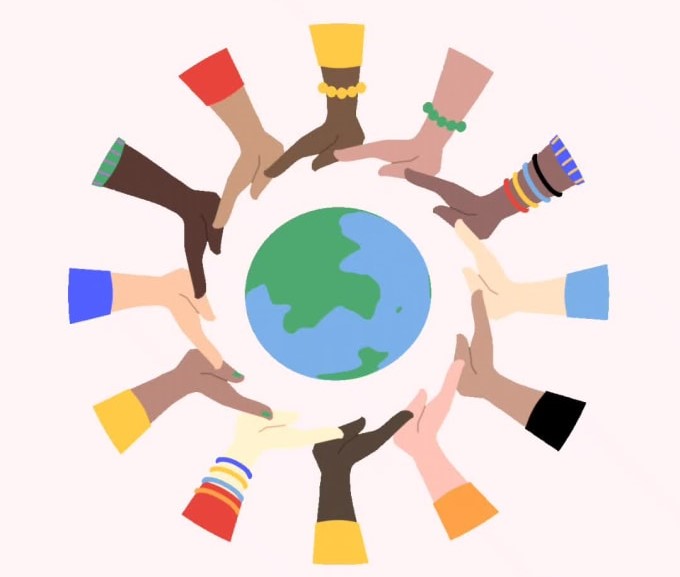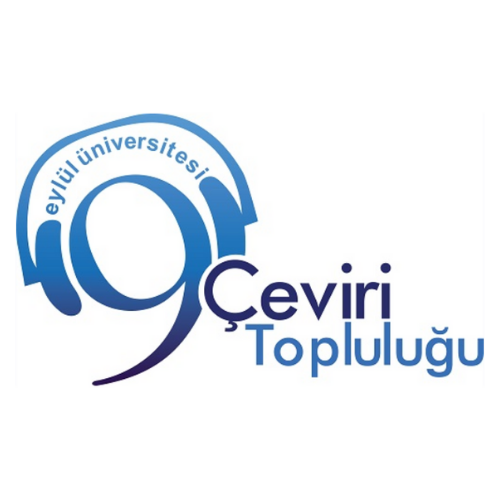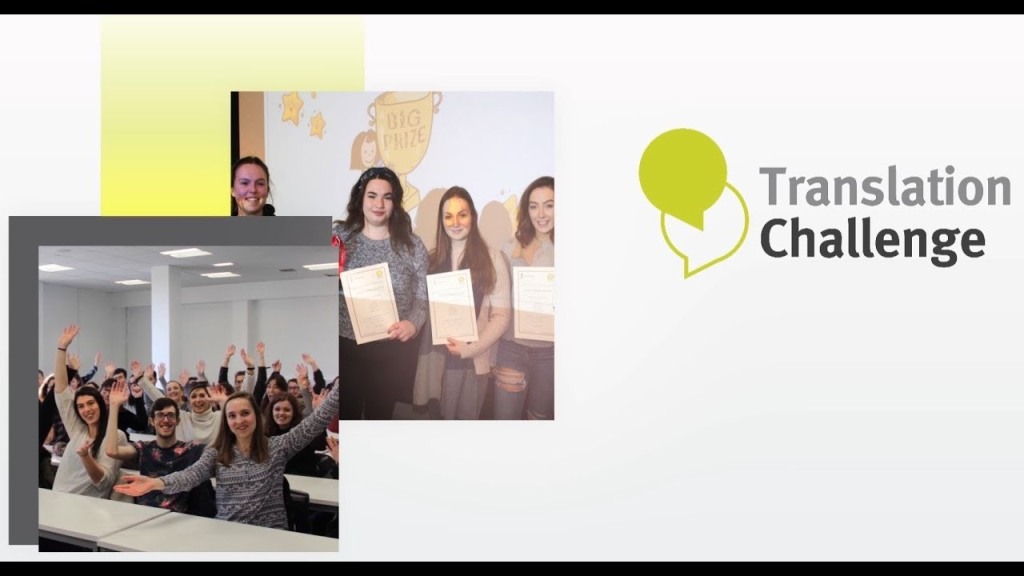Translation and translators are critical components of global communication, allowing ideas, cultures, and knowledge to be exchanged across linguistic boundaries. At its foundation, translation acts as a medium for understanding, removing barriers produced by language differences. The importance of translation cannot be stressed in a society that is becoming more globally connected through technology, trade, and travel. It assists diplomacy, business, literature, science, and all other areas of human activity in which communication is essential. Translators, the unseen heroes of this interaction, have a distinct skill set that extends beyond linguistic skills. They have to overcome the complexities of language, culture, and context, balancing faithfulness to the original work with clarity and relevance in the target language.
Translators are cultural ambassadors, responsible for maintaining the core and intent of the source material while adapting it for new audiences. Their work goes beyond words including details of tone, style, and cultural references. A professional translator requires not just linguistic knowledge but also a thorough comprehension of the cultural, historical, and social contexts of the source as well as the target languages. In essence, they are linguists and cultural mediators who bridge the gap between the source and target cultures.
Furthermore, translation is essential for maintaining cultural heritage and promoting cross-cultural understanding. It enables the transmission of literary masterpieces, philosophical works, scientific discoveries, and historical documentation that go generations and continents.
Individuals of all language backgrounds have access to the rich content of human thought and expression thanks to translation. It acts as an opportunity for empathy and connection, encouraging mutual respect and appreciation for varied viewpoints. Translation fosters inclusivity and diversity by removing linguistic barriers, allowing voices from all over the world to be heard and understood.
Translation is essential in international relations and diplomacy. It allows for real communication and negotiation among nations, boosting collaboration and conflict resolution. Diplomatic translators need to possess not only linguistic knowledge but also political awareness and cultural diplomacy abilities.
Their importance in high-stakes negotiations, peace discussions, and international summits cannot be emphasized, since even minor mistranslations or interpretations can have profound effects. Translation is a tool for creating trust and cooperation on a global scale, encouraging mutual understanding and collaboration in an increasingly interconnected world.
In the world of business, translation is essential for international trade and commerce. It enables organizations to enter new markets, grow their consumer base, and form cross-border collaborations. From marketing materials and product labels to legal contracts and financial paperwork, effective translation is critical to success in the worldwide economy.
To guarantee clarity, accuracy, and compliance to local rules, professional translators with experience in specific areas including legal, medical, technical, and financial translation are essential. Their expertise helps organizations manage cultural differences and build trust with international clients and partners in addition to facilitating cross-border transactions.
Translation also plays a crucial role in the worldwide distribution of scientific discoveries and technical developments. It makes it possible for scholars, inventors, and researchers to communicate and work together with colleagues worldwide. Translation guarantees that scientific discoveries and technological advancements are available to a worldwide audience, whether they are presented in academic papers, conference presentations, patents, or technical manuals.
Translation speeds up innovation in a time of swift scientific and technological advancement by enabling the cross-linguistic exchange of ideas and information.
Translation provides access to the world’s literary and cultural treasures in the fields of literature and the arts. Reading literature, poetry, and drama from a variety of language traditions opens readers’ eyes to new cultures and points of view. Translators are essential to the translation of great literary masterpieces because they maintain the original text’s beauty and strength while making it widely available to readers. Classic works of literature are brought to a wider audience through translation, enhancing the global literary scene and promoting understanding and communication across different cultures.
In summary, it is impossible to overestimate the value of translation and translators. They act as a foundation of international communication, facilitating the sharing of knowledge, ideas, and cultures across linguistic boundaries. In every field of human activity where communication is vital including science, literature, diplomacy, and commerce, translation is fundamental. With their proficiency in multiple languages and their awareness of various cultures, translators help people understand one another and work together in a world where communication is becoming more and more interconnected. The need of translation and translators will only increase as we manage the complexity of a globalized society and make sure that no voice is ignored or concept is mistranslated.
Here are couple of quotes that mark the importance of translation and translators;
“Words travel worlds. Translators do the driving.” –Anna Rusconi
“In translation, language facility is not enough; blood and sweat are the secret.” –Samuel Putnam
“Writers create national literature with their language, but world literature is written by translators.” –José Saramago
“Translators are the shadow heroes of literature, the often forgotten instruments that make it possible for different cultures to talk to one another, who have enabled us to understand that we all, from every part of the world, live in one world”. –Paul Auster
“I just enjoy translating, it’s like opening one’s mouth and hearing someone else’s voice emerge.” –Iris Murdoch
“Without translation, I would be limited to the borders of my own country. The translator is my most important ally. He introduces me to the world.” –Italo Calvino
Yazar: Yağmur Ünlü
Editör: Sıla Abacı













Yorum bırakın